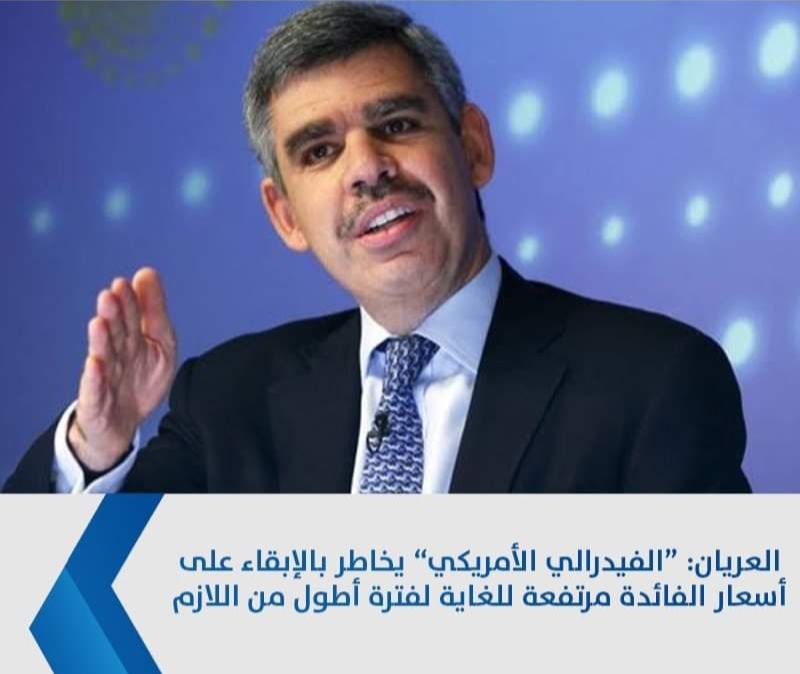
- The slowdown in the Federal Reserve’s most closely watched inflation gauge highlights a slowing economy that increases the risk of a monetary policy mistake by the U.S. central bank, said Dr. Mohamed El-Erian, president of Queens’ College, Cambridge, and a Bloomberg columnist.
- “The economy is slowing faster than most economists expected, and faster than the Fed expected,” El-Erian said in an interview with Bloomberg TV on Friday.
- The personal consumption expenditures price index rose 2.6% year-over-year in May, in line with expectations and marking the slowest pace so far this year. The Fed has been targeting an average inflation rate of 2% as measured by the PCE price index through its rate hikes over the past two years.
- “The economy is slowing down and has few engines left,” El-Erian said. “The Fed would certainly be open to a July rate cut if it were a forward-looking decision.”
- Instead, the Fed “is still overly data-driven, and it takes a lot of historical data to get it to change, that is, cut rates.”
- Fed officials this month updated their forecasts for an average of one quarter-point rate cut this year, up from three in March. Interest rates markets continue to price in at least one quarter-point cut this year, as early as September. There is little chance of a cut in July.
- El-Erian said the Fed risks keeping interest rates “too high for too long,” and in his view the odds of a U.S. recession are 35% compared to 50% for a soft landing.
- “The most likely mistake now is that the Fed doesn’t start cutting rates too early. Ultimately, it will end up cutting them too much,” he added.



